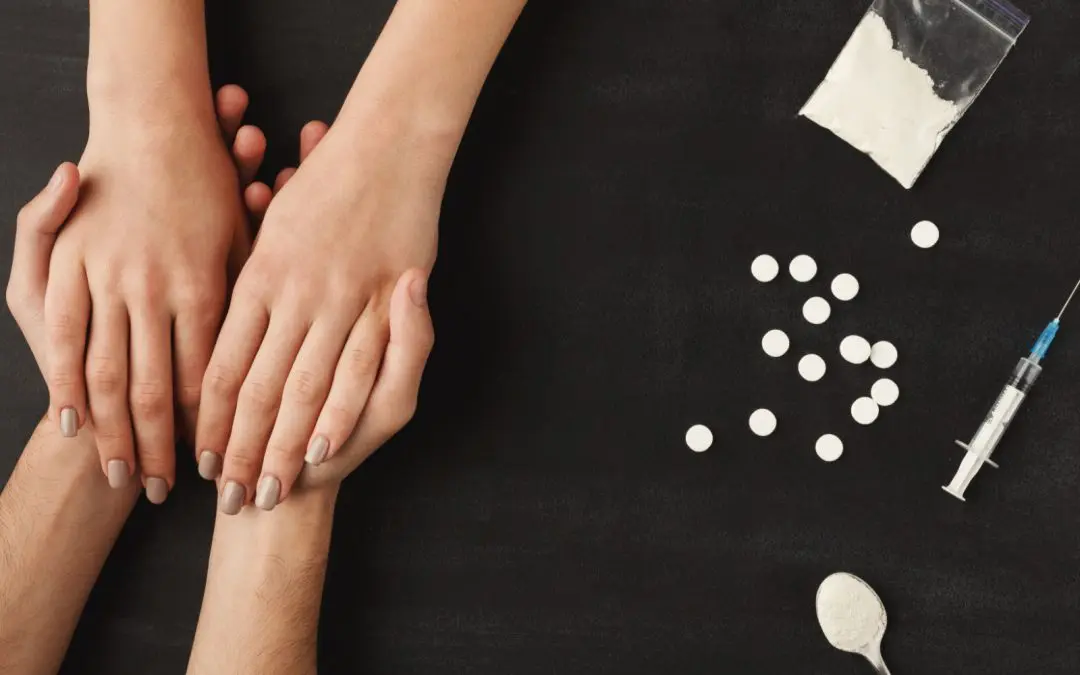24/7 Helpline:
(866) 899-221924/7 Helpline:
(866) 899-2219
Learn more about PTSD Treatment centers in High Rolls Mountain Park
PTSD Treatment in Other Cities

Other Insurance Options

GEHA

United Health Care

Private insurance

Multiplan

Optima

Highmark

WellCare Health Plans

MHNNet Behavioral Health

WellPoint

Self-pay options

Horizon Healthcare Service

State Farm

ComPsych

PHCS Network

Magellan Health

Oxford

CareFirst

Kaiser Permanente

Premera

Absolute Total Care









